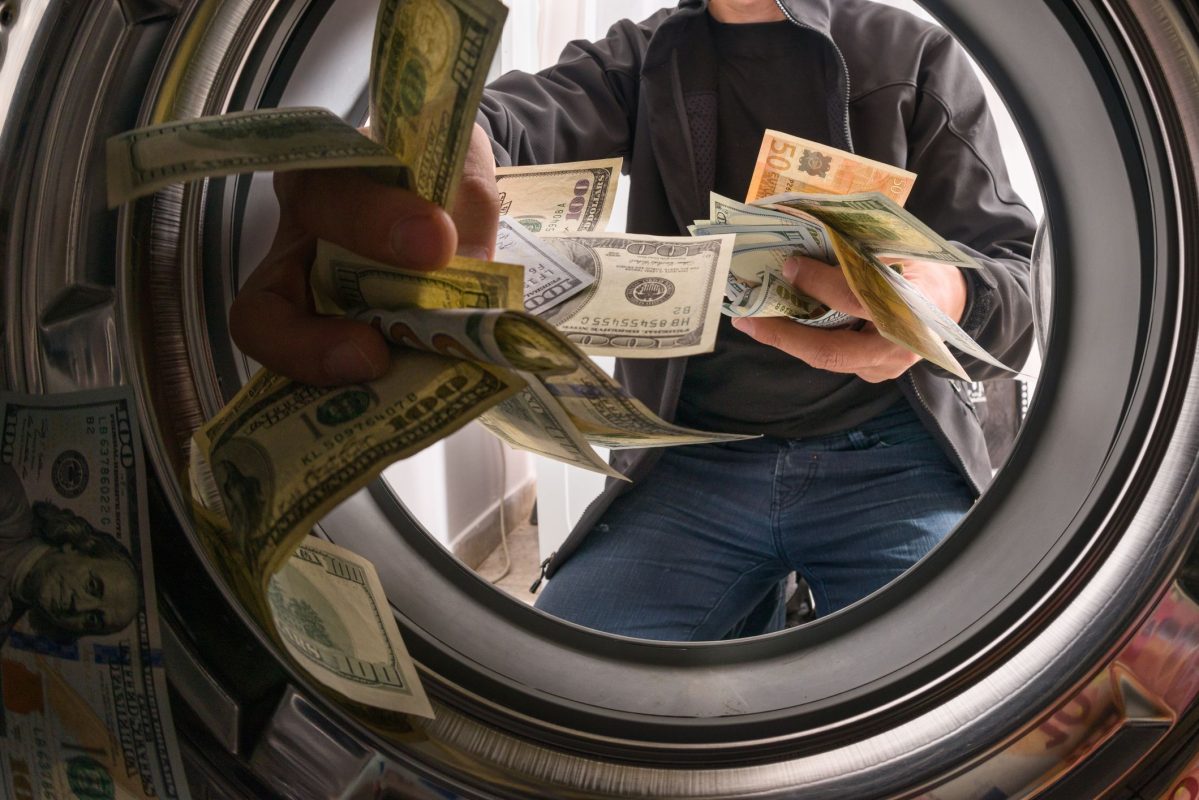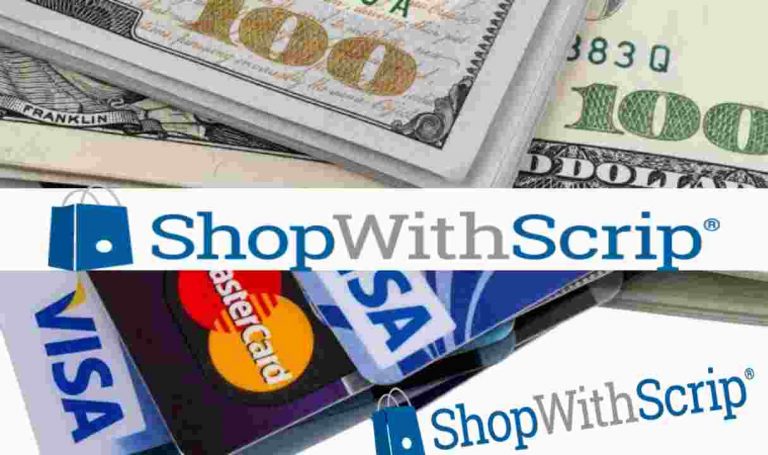Numerous hustlers have been bombarding our email with requests for a guide on how to successfully transform filthy money into clean money before laundering it.
We will describe how to clean your dirty money in today’s most recent article.
You can employ a genuine business that generates accountable earnings to launder money. Since you have more control over your illegal funds, which enter the economy more rapidly, it is in fact a classic.
Businesses like restaurants are frequently utilised to launder money in the films. There is more going on inside than you might imagine, even though they seem like modest chain enterprises with a few consumers.
The same modest business might be used to swiftly legalise and transfer illegal funds. As previously said, these enterprises run legally, thus the government never finds out.
Although money laundering is a difficult task, if you decide to go ahead with it, you should establish the brick and mortar business described above. Taxi services, used car shops, launderettes, and other cash-intensive companies are ideas for money laundering. But a restaurant might be the solution.
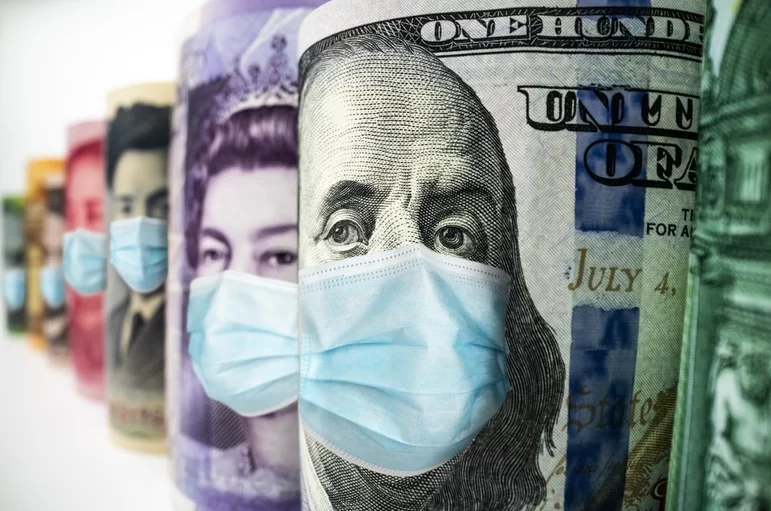
How Does Money Laundering Work?
Because you made the money illegally, it is commonly referred to as “dirty money.” Drugs, human trafficking, or even embezzled government funds could have been the cause, among other things.
Laundering money through a business entails creating a connection between an organised crime group and a business, whether it is new or already established.
Operating under the aegis of the company you established will make the crime appear unbelievable and also prevent physical evidence from being gathered during an investigation. Naturally, you will also record regular sales for the company.
Taking the dirty money from any criminal activity and putting it into the economy to make it clean is the goal of a money launderer. Profits from illicit activity that are now a part of the system and legally usable are referred to as “clean cash.”
You can purchase real estate with the now-legal money, giving the impression that it is a profit from your company.
Essentially, a financial transaction that involves money obtained through criminal activity or that supports any illegal activity is referred to as money laundering.
Clean Money Through A Business
To launder money through a business is not at all difficult. You only have to be well-organized.
The business must report inflated sales and look really genuine. Below are the steps to clean money through a business:
- Have a business
Starting a business or working with an already-existing one should be your first priority. Additionally, you can buy an already-existing business and set it up the same way you would any other business.
If you are a human trafficker, drug lord, or other criminal, you do not want your employees to be aware of what goes on in your company. If you open a restaurant, not even your waitress is worthy of knowing about the illegal aspects of the operation.
It is better to use an existing company that has workers. Establishing a new company could give government agencies the impression that you are asking too many questions in the event of an investigation.
Once more, only the regular sales that your employees secure on a daily basis should be aware of what goes on in the business.
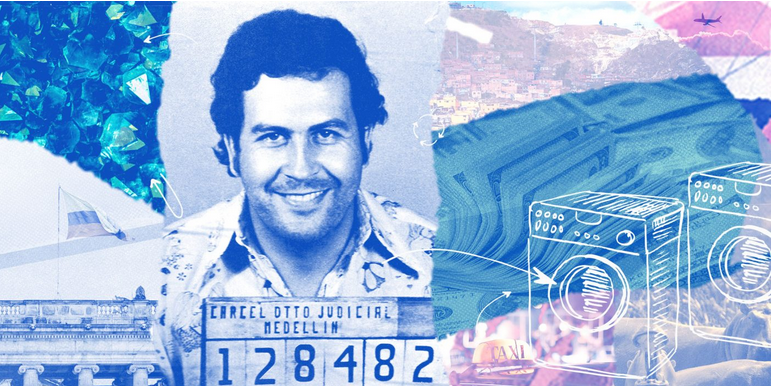
- Use a business that process a lot of cash
The company you use doesn’t need to have a lot of cash on hand. Even a small business with a few clients coming and going may have a bank account.
The perfect company to launder money is one that has the capacity to handle large amounts of cash. Using a front company is not something you want to do. A front company is a business that functions as a legitimate enterprise while disguising and concealing illicit financial activities.
Front companies usually don’t have a physical address, use generic email addresses, don’t list owners, websites, etc. on their invoices, and use partial signatures and initials on contracts and invoices.
You need a company that, upon closer inspection, the FBI or IRS won’t suspect. For instance, if the IRS chooses your company as their random target and they enter and see a lot of people coming and going, they may believe that your income is legitimate.
- Take the dirty money to the bank
Money laundering through a business is successful if you can take the illicit funds to the bank without raising any red flags.
For example, you want to turn the money from selling drugs into clean money. You are operating a business, let’s say a restaurant.
Every day or every week, you gather sales receipts and deposit them at the bank. Nevertheless, you deposit a sizable amount of the money you make from the sale of drugs into the bank along with your actual business profits.
On a regular basis, you will deposit both legal and illegal funds into the bank. To avoid raising suspicions with the bank, you should always make sure that the deposited funds are within 25% of the same total.
- Legalized Laundered funds
You have beaten the bank now. They think that your business since it is a restaurant, for instance, can have so much cash in hand. They think the funds result from daily alcohol and food sales.
The deposited illicit cash is taxed or you use to buy properties, including cars, homes, etc. The illicit cash is now legal and nobody is suspicious because you own a business that generates real profits.
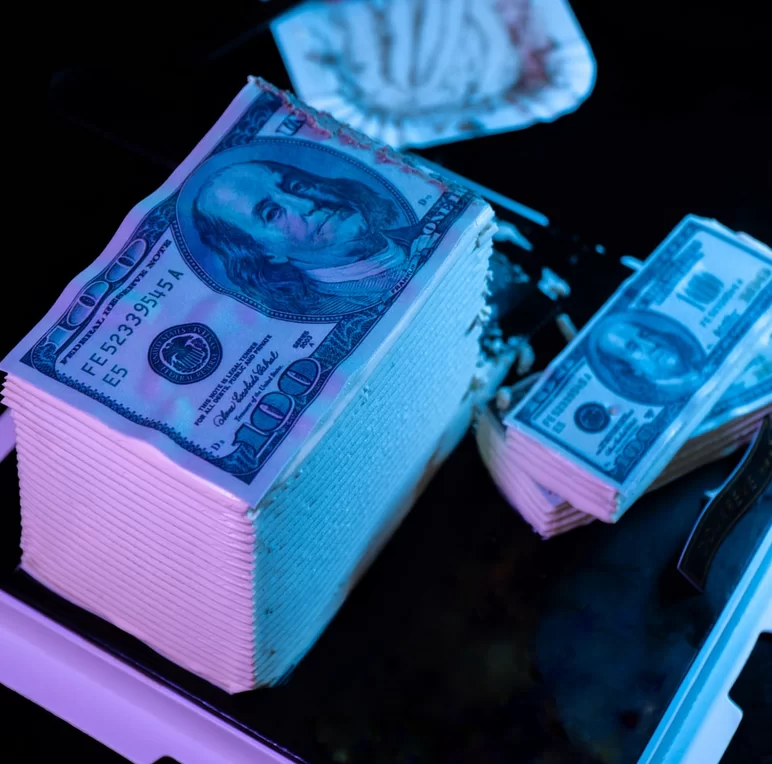
Businesses That Are Good Fit To Clean Dirty Money
Companies with large cash holdings are used for money laundering. For instance, restaurants, launderettes, taxi services, and used car dealerships.
Due to the large cash volumes involved, many money launderers open restaurants in order to launder money. You won’t need a company that accepts credit cards, cashier’s checks, or wire transfers because you will be caught. For the transactions to be untraceable, you need a business with a high cash turnover. This implies that you can make false reports and get away with it.
One such company with a significant cash turnover is a restaurant. You want to start or purchase a cash-intensive business in order to launder money.
Taking a sizable sum of money to the bank while operating a business, such as a restaurant, does not raise any red flags.
The bank is aware that the restaurant is the source of the funds. If you combine legitimate sales proceeds with your illicit funds sufficiently, even the IRS will be unable to determine your actual profit.
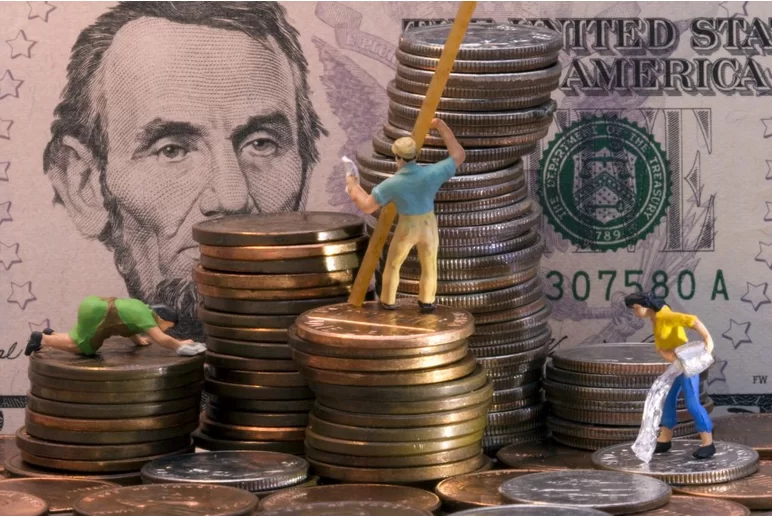
Do Banks Report Money Laundering?
Many banks flag illegal transactions using extremely complex methods. Anti-money laundering departments are another tool used by banks to continuously monitor financial irregularities within their own organisations.
Usually, a bank will compare names to those on the OFAC (Office of Foreign Assets Control) lists. This list includes companies that have previously been investigated for possible money laundering.
An employee of a bank can also spot a respectable company that unexpectedly books higher profits without using its current funds to expand.
For example, a bank can determine whether a company, worth millions of dollars, is writing significantly less to distributors. It is a warning sign that prompts an inquiry.
The bank will also become suspicious if you pay the vendors in cash, and they will target you.
How to Avoid Being Found Money Laundering with a Company
Avoiding being caught money laundering with a business can be challenging. The banks may be the primary issue and the first to recognise it, but the federal government may not be the problem.
The majority of community and large banks are familiar with their clientele. When a bank has a relationship with you, they can examine your revenue. They will investigate your company to see if the number of clients warrants the profits if they have any doubts about your money.
As a private individual, the threshold amount that avoids suspicion is $10,000; naturally, this varies by nation.
The Bank Secrecy Act requires banks to report withdrawals or deposits exceeding $10,000 in cash. However, for businesses, the cap is determined by the average revenue and history of the company, so it varies based on the type of business and its history. For this reason, purchasing an existing business is a wise and prudent move. Good luck!
Bonus:
Check if your setup is leaking info: https://whoer.net/
911.re Socks5 here: www.911.re/
VIP72.com Socks5 here: www.vip72.com/
MAC Address Changer here: https://technitium.com/tmac/
CCleaner: https://www.ccleaner.com/
BleachBit: https://www.bleachbit.org/

